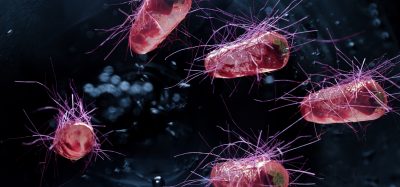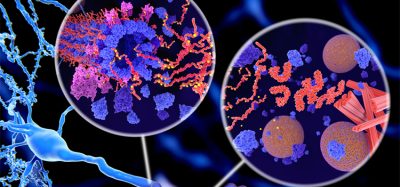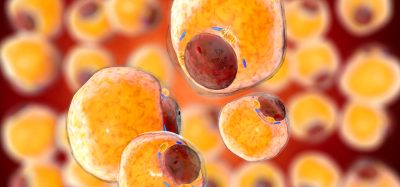Analogue of psychedelic ibogaine reverses effects of stress in mice
Posted: 26 May 2021 | Victoria Rees (Drug Target Review) | No comments yet
Tabernanthalog (TBG), similar to the psychedelic drug ibogaine, corrected stress-induced behavioural deficits in mice.
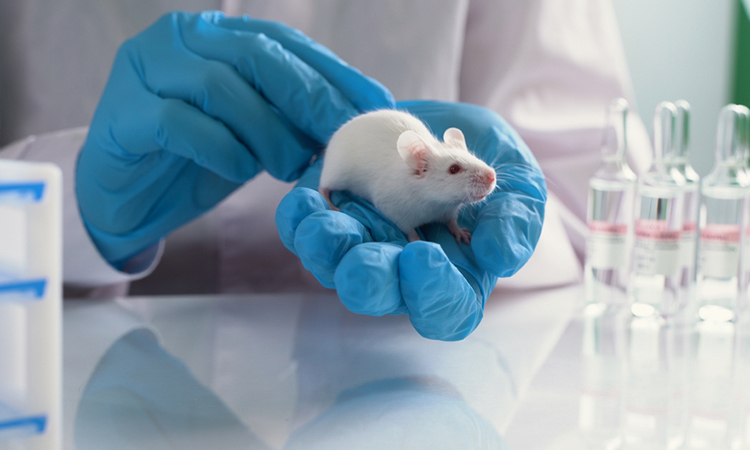

A novel compound similar in structure to the psychedelic drug ibogaine, but lacking its toxic and hallucinogenic effects, has been found to rapidly reduce the effects of stress in mice.
Researchers from the University of California, Santa Cruz, US, found that a single dose of tabernanthalog (TBG) can correct stress-induced behavioural deficits, including anxiety and cognitive inflexibility and also promote the regrowth of neuronal connections and restore neural circuits in the brain that are disrupted by stress.
According to the researchers, in recent years, there has been renewed interest in the use of psychedelic substances for treating illnesses such as addiction, depression, anxiety and post-traumatic stress disorder. However, the hallucinogenic effects of these drugs remain a concern and scientists have been unsure whether the hallucinations are therapeutically important or just a side effect.
Ibogaine has shown promise for treating addiction, but it causes dangerous heart arrhythmias in addition to being a powerful hallucinogen. TBG has not yet been tested in humans, but it lacks ibogaine’s toxicity in animal tests and it does not induce the head-twitch behaviour in mice caused by known hallucinogens.
“It was very surprising that a single treatment with a low dose had such dramatic effects within a day,” said corresponding author Professor Yi Zuo.
The study focused on the deleterious effects of stress using a protocol in which mice are subjected to mild, unpredictable stressors over a period of several days.
On the behavioural level, stress causes increased anxiety, deficits in sensory processing and reduced flexibility in decision-making. In the brain, stress disrupts the connections between neurons and alters the neuronal circuitry, resulting in an imbalance between excitation and inhibition.
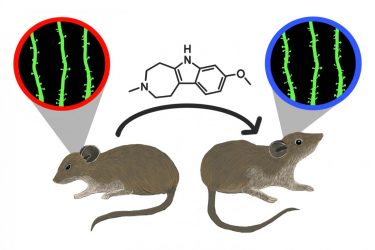

A single dose of TBG promotes the formation of dendritic spines in cortical neurons of mice [credit: Chelsea Kintz].
“Amazingly, TBG reversed all of the effects of stress,” Zuo said. “This study provides significant insights into neural mechanisms underlying the therapeutic effects of psychedelic analogues on mental illnesses and paves the way for future investigations to understand their cellular and circuit mechanisms.”
Initial studies of TBG found that it had antidepressant effects and reduced addictive behaviours in rodents. The researchers conducted a range of tests to evaluate behavioural responses to stress and the effects of treatment with TBG. They also performed imaging studies to assess changes in the brains of the mice at the neuronal level.
The study was published in Molecular Psychiatry.
Related topics
Drug Development, Drug Discovery, In Vivo, Toxicology, Translational Science
Related conditions
Stress
Related organisations
University of California Santa Cruz
Related people
Professor Yi Zuo




